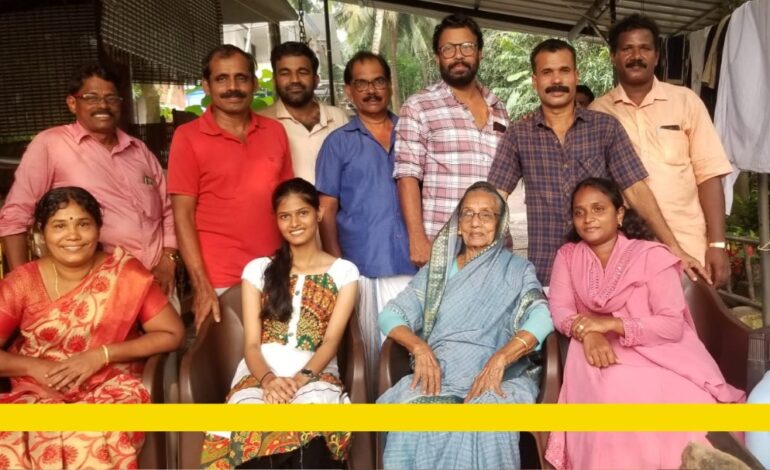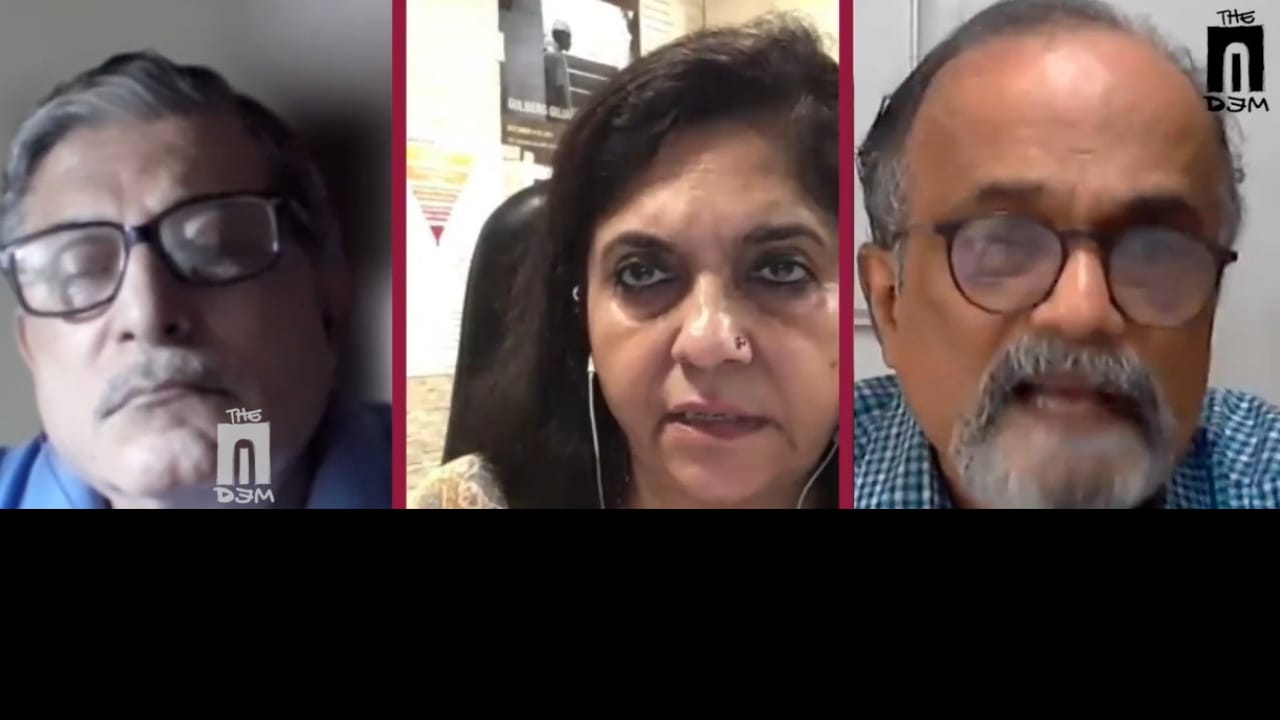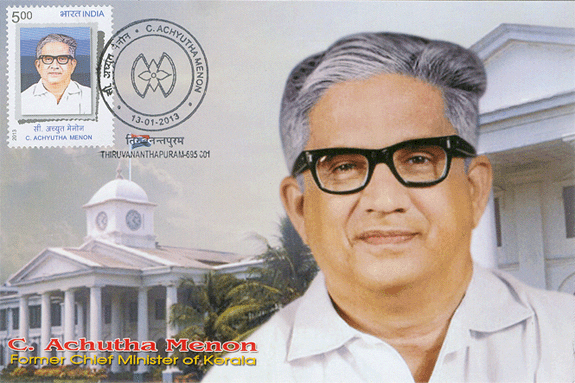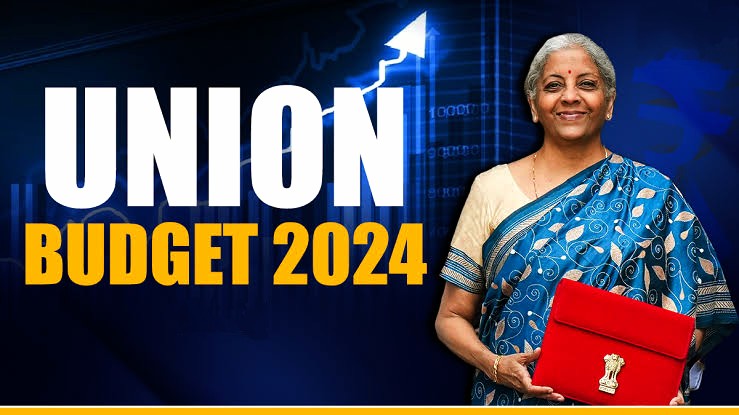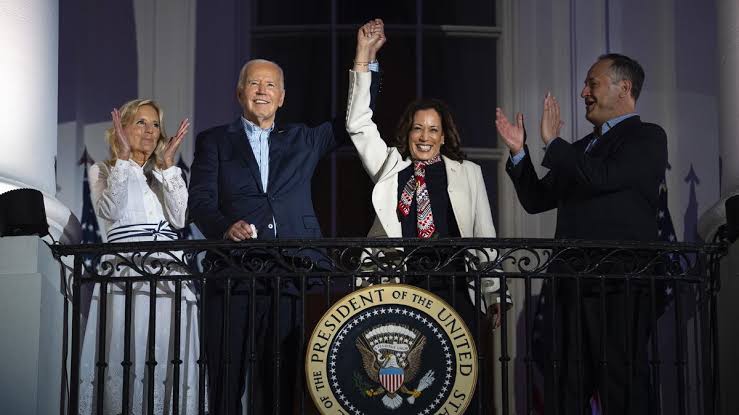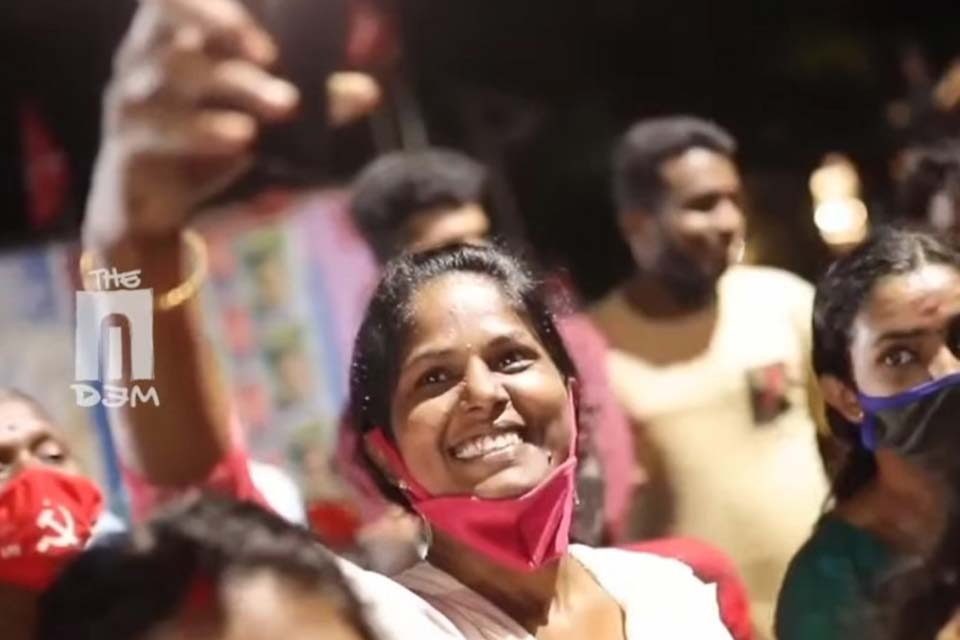Unremitting Wars, Never Ending Displacement
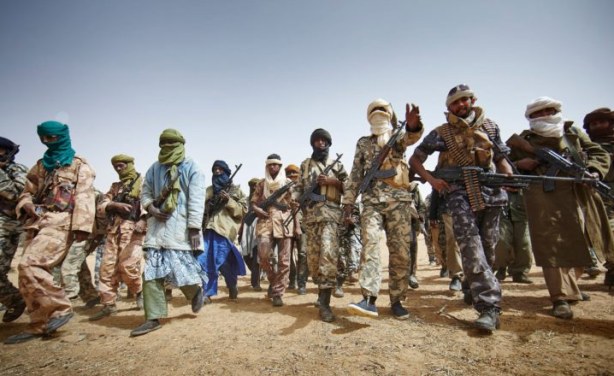
Right from the first day of 2024, Israel’s Prime Minister Benjamin Netanyahu has made it clear that the war in Gaza is not going to end anytime soon. He asserted that it would continue for many months and shall be over only when Hamas is fully eliminated. The projections from Israel immediately after October 8, 2023, the day the Israeli army officially declared a state of war with Hamas and its ferocious military campaign in the Gaza Strip, was that this is going to be a “short war that would crush Hamas” in a few days. Clearly, that has not happened.
In those days, the Gaza war received unprecedented media and international attention. But, as the conflict drags on, with predictions about it extending for many more months, Gaza is also joining the list of those horrendous wars and conflicts, which steadily slip out of the attention of the media and the international community, despite longstanding genocide and ethnic cleansing. A large majority of these wars and conflicts are in Africa. These have crippled parts of Africa for decades, but have not sizzled and smouldered on the surface, essentially because they are in a continent still considered to be “Dark”. In any case, these unremitting wars and the never ending human displacement caused by them have consistently bypassed humanity’s compassion and moral responsibility concerns.
Internally Displaced Persons (IDP)
Unlike any conflict of the past, the Hamas-Israel war has brought forth the plight of internally displaced persons to the attention of the world. Internally Displaced Persons (IDP) are not refugees because they do not cross any international borders. A displaced individual has to cross the border from one nation to another to deserve to be defined as a refugee based on international conventions and laws. Internally Displaced Persons are instead uprooted from their homes, possessions, and the places where they belong, by conflicts, development, climate change, or other factors, and they remain inside their own country. Obviously they get less attention than the refugees but their situation is no less difficult. What internal displacement means, even if it is for as short a distance as about 25 kilometres in Gaza, is chillingly unfolding in this war.
Deprived of basic necessities such as water, food, and shelter, and fearing their own death every step, and moment, the Gazans are now looking at years of deprivation and a traumatic future struggle to rebuild everything they have lost- material possessions, emotional stability, and dignity of life. In such a context, it is important to look at other, less-reported conflicts of the world, as Gaza’s plight too is steadily resembling them.
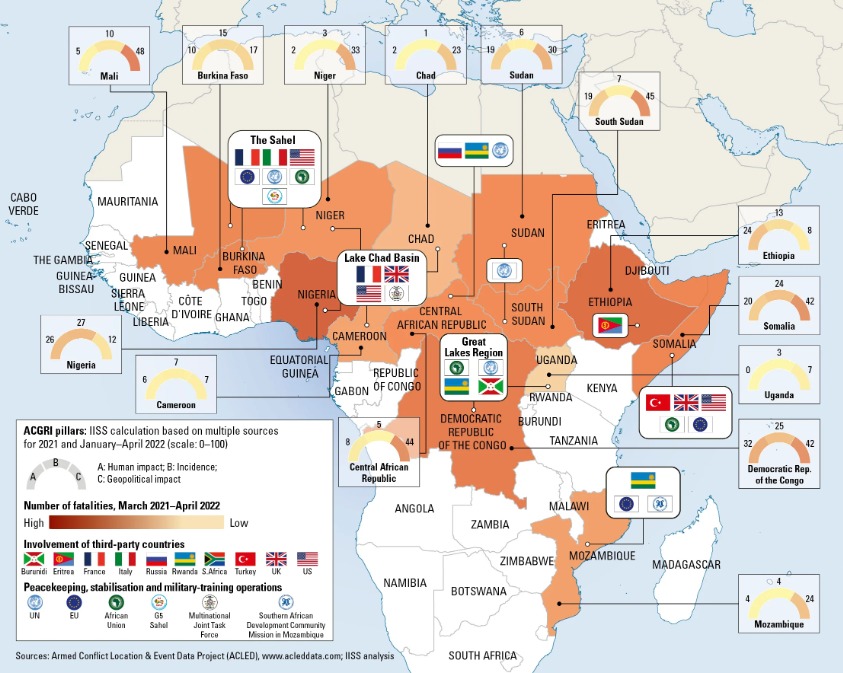
The Hidden Conflicts of Africa: Burkina Faso
The Norwegian Refugee Council publishes a yearly report of The World’s Most Neglected Displacement Crises. A revisit to the NRC Report 2022 of this series will remind us how oblivious the world is to the catastrophe and tragedy happening around the world in an equally or more heart-wrenching manner than in Gaza.
The African country, Burkina Faso tops the Norwegian report in scale and intensity. The conflict in Burkina Faso started 5 years ago as armed groups clashed with each other and the ruling government. The country witnessed 2 coups in 2022, the first in January when the 6-year ruling President, Roch Kabore, was deposed by an armed militia led by Paul-Henri Damiba. In September 2022, Damiba was deposed in a similar way by the country’s own army led by Captain Ibrahim Traore.
The rebel fighters in Burkina Faso are another problem that whoever governs this country faces. There are ongoing wars between armed groups with affinity to either al-Qaeda or ISIS. All this violence and destruction have pushed 630000 people in the country into starvation, according to the UN. Officially, 14000 people have so far been killed in these conflicts, a number that no one can claim to be correct as literally, no international media is able to reach the conflict zones. Food insecurity in the region has risen to 9-fold and 4.9 million people are in need of urgent aid as suggested by estimates from 2022.
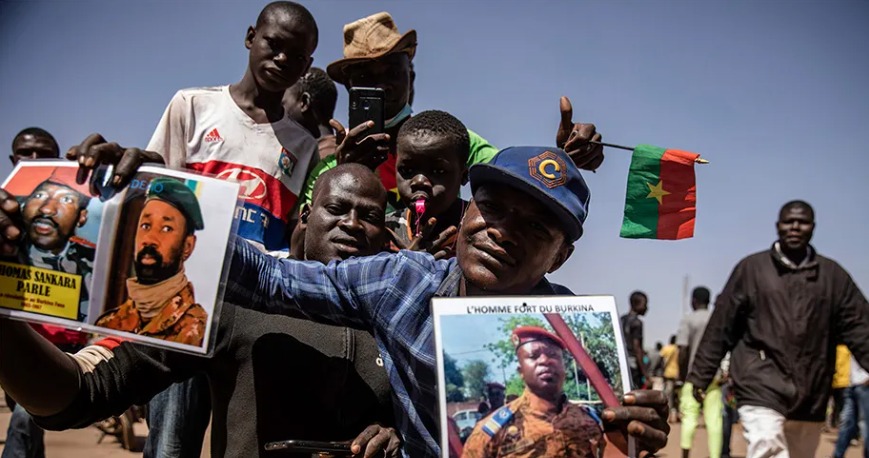
What the armed groups do here, in retribution to the civilians on the other side of the fight, is attack and destroy their water sources. So far, water access to 8,30,000 people has been completely cut off. More than 6000 schools in the region have remained closed since the beginning of these fights 5 years back. Amnesty International has reported that armed groups such as Ansaroul Islam have put at least 46 different localities under armed siege, and are committing brutal war crimes and human rights violations. These include abduction of women and children, killing civilians, attacking aid agency convoys, and destroying civilian infrastructure. Farming and cattle rearing have come to a standstill, there is no education or healthcare system for entire populations, people are even afraid to step out of their houses, and millions have fled. In the Sahel region, 84 health centres are dysfunctional leaving 964000 people vulnerable to death by illnesses or injuries.
In 2022, the international community has provided only 42% of the aid requested by the UN and similar agencies to Burkina Faso. About 40% of the country is now controlled not by the state but by armed groups. In 2022, a report came out revealing that 85% of the population of a city named Djibo is eating only wild leaves. In the initial days of the siege, it was Oulo leaves and rice that the people ate but as rice became unavailable, it was just leaves when the last reports came.
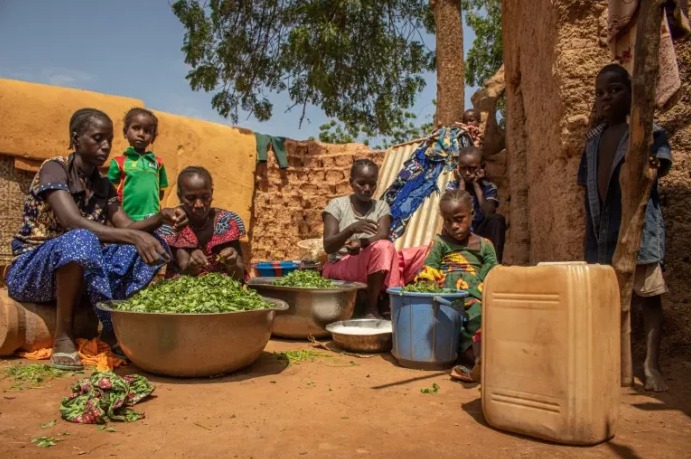
There has been a state of emergency declared since 2019 in Burkina Faso. Amidst all these, the government expelled the UN Resident Humanitarian Coordinator in December 2022, leaving the entire aid network in limbo. Executions and disappearances are the norm. Under the emergency law, the military junta has announced the compulsory conscription of journalists, civil society activists, and opposition leaders into military service. All of them now will be compelled to fight on the side of the ruling, extra-constitutional military force.
The saddest aspect of the conflict: media attention is near to nil and the international community has made no serious effort to find a political solution to the unimaginable suffering of the people of Burkina Faso.
Burundi: Another War, Another Sickening Tragedy
In Burundi, an African country going through one of its bloodiest conflicts ever, 52% of the children under 5 years were found to be stunted. Conflict, climate hazards, and hunger have gripped the entire region collectively punishing people already in dire living circumstances.
It has been a decade since the armed fights began and 300,000 people who fled the conflict remain in the neighbouring countries, Tanzania, Rwanda, Uganda, and DR Congo, which are equally torn apart by militant conflicts. Thousands of refugees have returned as well but their lives and human rights conditions stay pathetic. The country has even refused access to the UN-appointed special rapporteur in 2021.
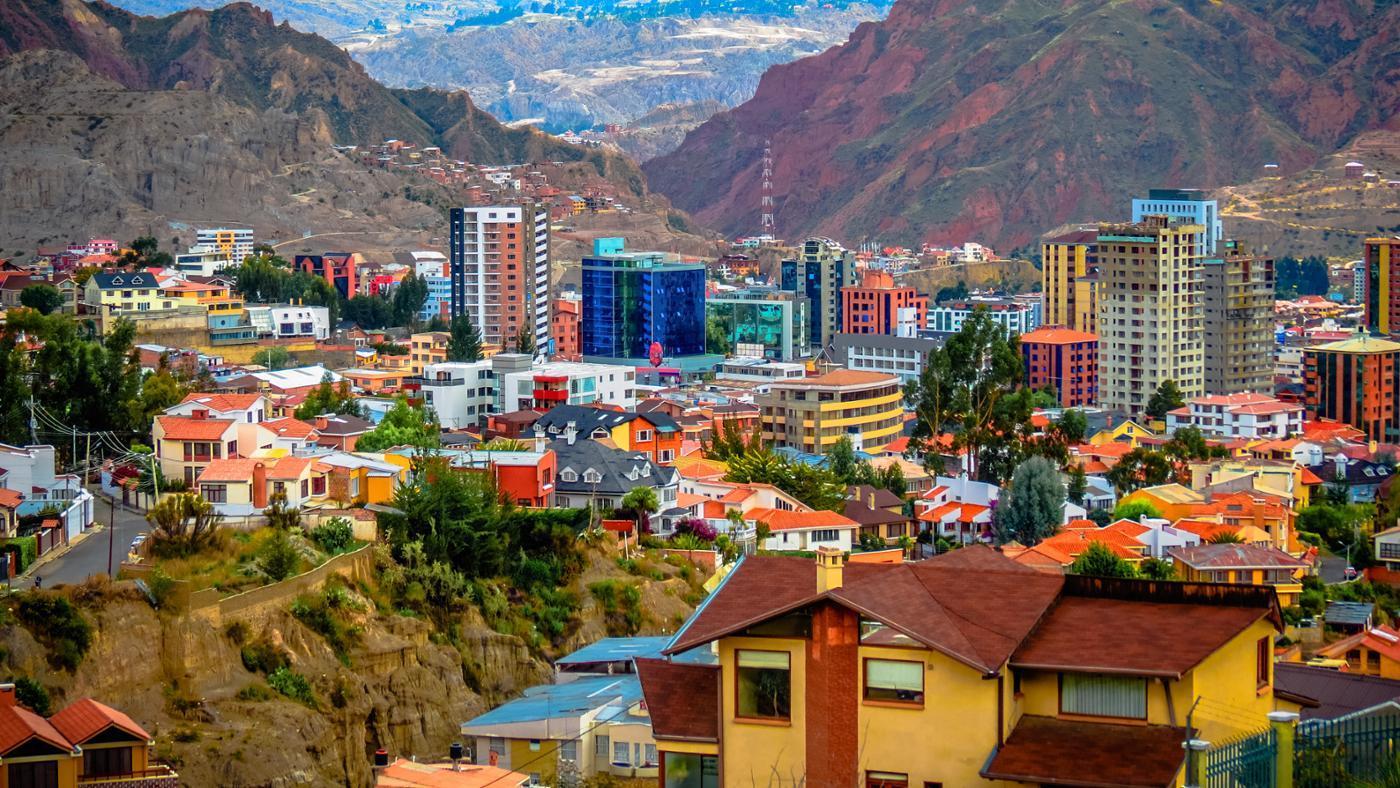
Since 2017, 200000 Burundian refugees have been repatriated back to the country by the nation’s neighbours. In 2023, the World Food Programme announced that the food rations it was doling out to the people would be halved subject to lack of funds.
It is a forgotten crisis for the world. Burundi remains on top of the poorest countries in the world. No international media presence is there as most of the foreign journalists were expelled by the authorities. Near-to-nil political intervention by the world powers completes that obfuscation. Burundi has one thing to its credit though- the people are free to suffer and die without being a bloody and morally annoying spectacle before the eyes of the world.
The World Continues to Look Away
The above are only two examples of the violence and displacement brewing in Africa. Amid the ongoing peace talks, DR Congo has 5.7 million displaced people, and 27 million people in need of aid. The country is pleading before the international community for life-saving assistance with only less than half of its aid requests met so far.
Sudan hosts a million refugees from its neighbouring countries but the country itself is in hopeless economic and climate crises. The regions of Darfur and Kordofan are marooned from the rest of the world as armed violence and poverty spread like wildfire. The Norwegian Refugee Council describes the situation as “people without a livelihood, children without an education, and families without legal documentation.”
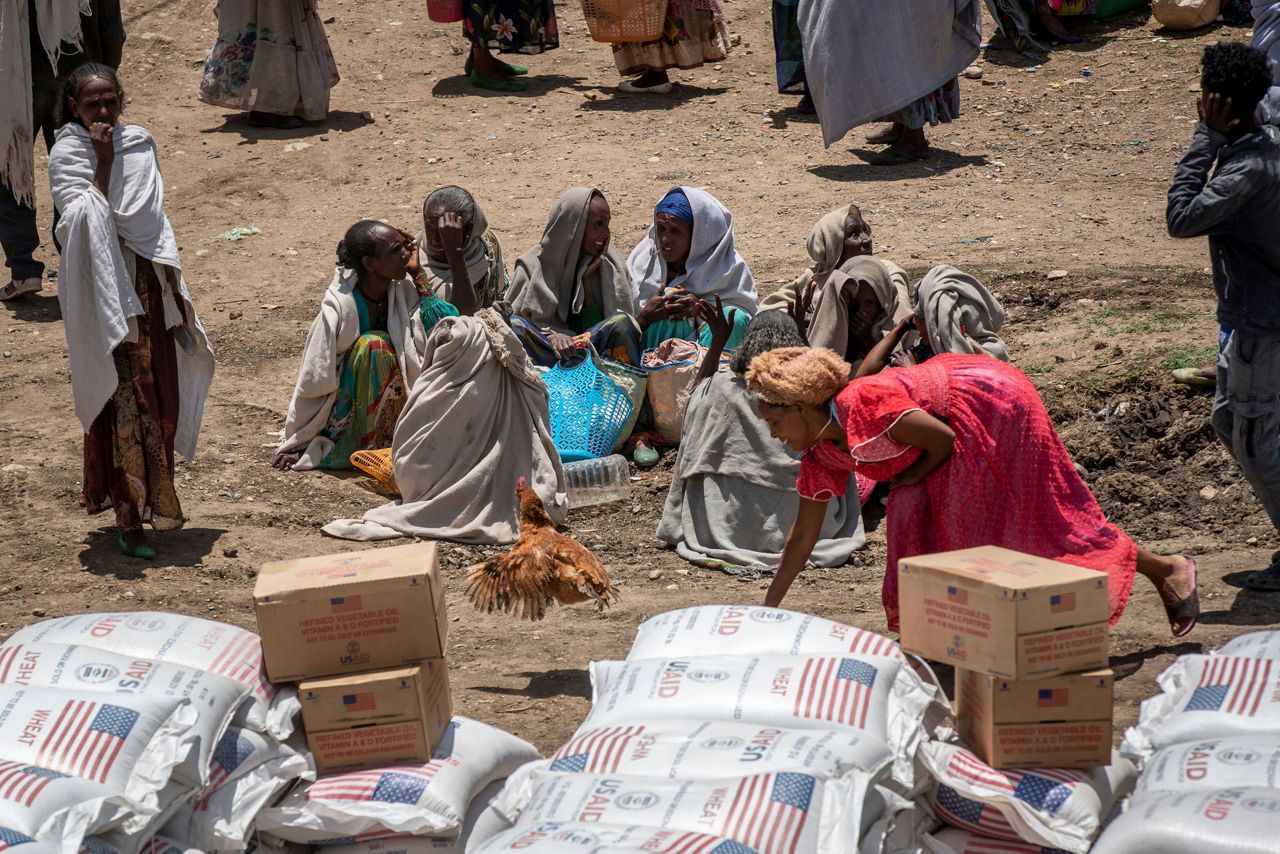
Cameroon’s conflict has pushed out 600,000 people from their homes. State militia and non-state armed groups equally perpetuate the most deplorable kinds of crimes against humanity. Ethiopia has just come out of its Tigray conflict with 600000 people murdered and also faced the worst drought in many decades last year. In 2023, there was a flood that displaced tens of thousands of people. Somalian refugees continue to flow in adding to the 20 million people who are in need of critical help.
What do all these conflicts have in common? No media coverage, very little humanitarian assistance from the international community, and no effort imparted by the world leaders to find political solutions. On average, all the above conflict-ridden countries have so far received only below 50% of the aid requested by different agencies including the UN to provide minimal relief to these populations. All these countries and their people stand testimony to international donor apathy which is called donor fatigue in nicer terms.
When Gaza burns, these African countries continue to be incinerated in the most inhumane kind of hellfire that makes millions of people disappear into the abyss of death and displacement. Will Africa invoke our moral indignation yet?
References: Norwegian Refugee Council, United Nations, Human Rights Watch and Amnesty International sources.
To receive updates on detailed analysis and in-depth interviews from The AIDEM, join our WhatsApp group. Click Here. To subscribe to us on YouTube, Click Here.


